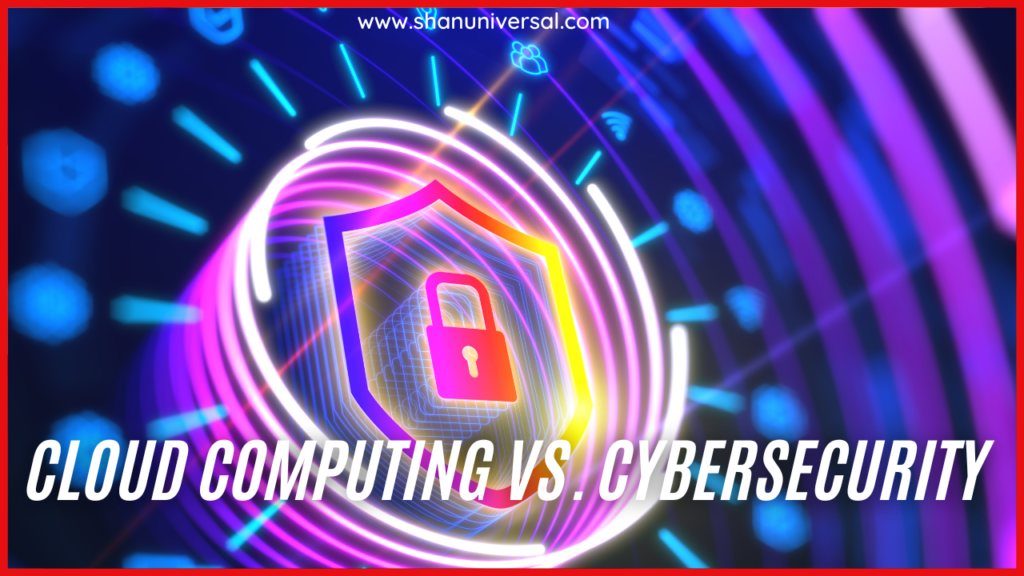Best Cyber Security Books
1. Cybersecurity for Dummies Author: Joseph Steinberg
The Cybersecurity For Dummies series gives an on hand advent to cyber safety for beginners. Learn approximately defense-in-depth, cyber assault frameworks and vital topics along with ransomware protection and facts encryption Best Cyber Security Books.
2. Cybersecurity: The Beginners Guide
Dr. Erdal Ozkayas 3-Hour Cyber Security Strategy Course for Beginners will equip aspiring professionals with all of the skills necessary to break into cyber security profession. Learn the fundamental skills, understand talent gaps and think like hackers with this 390-page guide which should become mandatory reading in cyber security communities worldwide.
3. Invisibility Author: Kevin D. Mitnick
Overview: Dive deep into the world of digital privacy and anonymity with Mitnicks practical tips on remaining invisible online and protecting your digital footprint.
4.Exploitation Techniques (Hacking) Author: Jon Erickson
Overview: Dive deep into the technical aspects of hacking, from programming and exploit techniques to vulnerability identification and secure systems analysis. Learn hands-on skills necessary for understanding vulnerabilities and secure systems.
5. Cult of the Dead Cow Author: Joseph Menn
Overview: Joseph Menn provides an engaging memoir of the legendary hacking group known as Cult of the Dead Cow and explores their impact on cyber security landscape and ethical dilemmas they encountered.
6. Ghost In The Wires Author: Kevin D. Mitnick Summary:
Mitnicks second autobiographical work details his experiences as a hacker and fugitive from justice. With captivating storytelling combined with cyber security insights, The Code Book stands as another timeless work.
7.Practical Malware Analysis Authors Michael Sikorski and Andrew Honig.
Overview: Gain the skills to identify and dissect malware, learn its behaviors and reverse-engineer its code – as well as develop effective threat detection skills.
Lets consider each of these cyber security books and discuss their relative merits:
1. Cybersecurity For Dummies by Joseph Steinberg
Pros: Attractive introduction to cyber security concepts that is user-friendly for novices. Covers defense-in-depth strategies and practical tips. Its 2022 update adds relevant insights. On the drawback, even though, skilled experts might also find this ebook too simple for their desires.
2.Cybersecurity: A Beginners Guide by Dr. Erdal Ozkaya:
Pros:Roadmap for new professionals entering the field.
Cons:This book addresses talent shortage issues as well as essential skills.
3.The Art of Invisibility by Kevin D. Mitnick:
Pros: Practical tips on digital privacy and anonymity from an experienced hacker.
Cons: Focuses more on privacy than technical security.
4.Hacking: The Art of Exploitation, by Jon Erickson:
Pros: This text provides in-depth technical content regarding hacking and exploiting vulnerabilities in addition, hands-on skills training on understanding vulnerabilities is offered as well.
5. Cult of the Dead Cow by Joseph Menn:
Pros: Engaging memoir of an iconic hacking group; explores ethical dilemmas.
Cons: Less technical than narrative driven.
6.Ghost In The Wires by Kevin D. Mitnick:
Pros:Memoir is captivating with incredible insights into hacking culture from its founding to modern-day challenges faced by hackers today; captivating memoir with ethical considerations explored, whilst less technical topics are less addressed (but less so than before).
Cons: Less technical but more narrative driven with less technical depth explored than elsewhere Engaging narrative with cyber security insights. Chronicles Mitnicks adventures as a hacker. may lack deep technical details.
7.Practical Malware Analysis, edited by Michael Sikorski and Andrew Honig:
Pros: An in-depth guide for dissecting and analyzing malware. To increase threat detection skills.
Cons: Certifying in cybersecurity takes prior knowledge in programming and security concepts and certification is an integral component of validating your expertise and expanding career prospects.
Below are a few notable certifications:
1. Certified Information Systems Security Professional (CISSP)
Pros: Highly respected and sought-after certification. Proof of proficiency in designing, implementing, and monitoring cybersecurity programs pertinent to roles like Chief Information Security Officer (CISO).
Cons: Requires substantial experience as well as passing an intensive exam.
2. Certified Information Systems Auditor (CISA)
Pros: Achieve certification demonstrates expertise in auditing information systems against external control threats to ensure an audit is conducted against external audit .
Cons: Requires considerable experience while passing an intensive exam for certification to become Certified Information Systems Auditor CISA). Gain certification is required of which takes time.
Focuses on auditing and assessing information systems. Provides professional value in terms of risk management and compliance. May be less technical compared to other certifications.
3. Certified Ethical Hacker (CEH):
Pros: Teaches ethical hacking techniques.
Cons: May require additional examination.
Ideal for those interested in penetration testing. On the downside, some content may overlap with other certifications.
4. CompTIA Security+: For professionals in security management. On the upside:
Entry-level certification that covers foundational security concepts. Widely acknowledged and vendor neutral.
Cons: Not as specialized as other certifications.
5. GIAC Information Security Fundamentals (GISF):
Pros: Ideal for beginners as it focuses on core security principles.
Cons: Less advanced than other certifications.
Conclusion
Staying informed in an ever-evolving field like cyber security is of utmost importance. No matter your level of experience or starting point, these books offer invaluable insight for beginners as well as veteran professionals alike. Dont forget to stay up-to-date and look into further resources available! Choosing the appropriate certification depends on your career goals and experience level. Remember, cyber security is a journey, so keep learning and securing!


